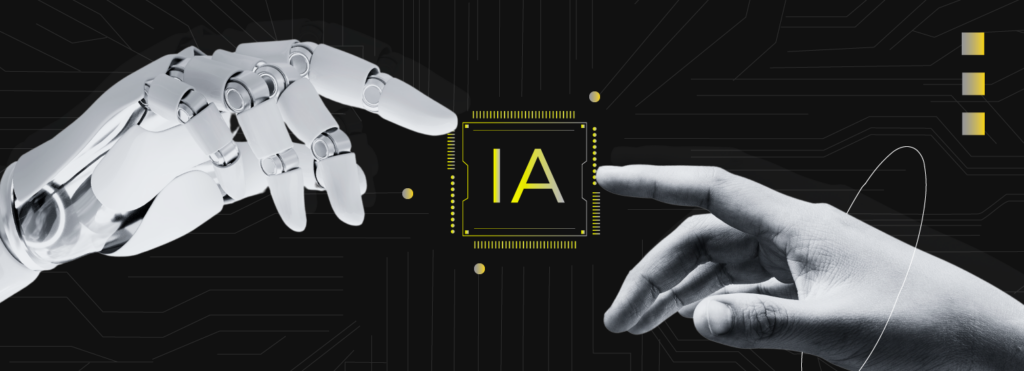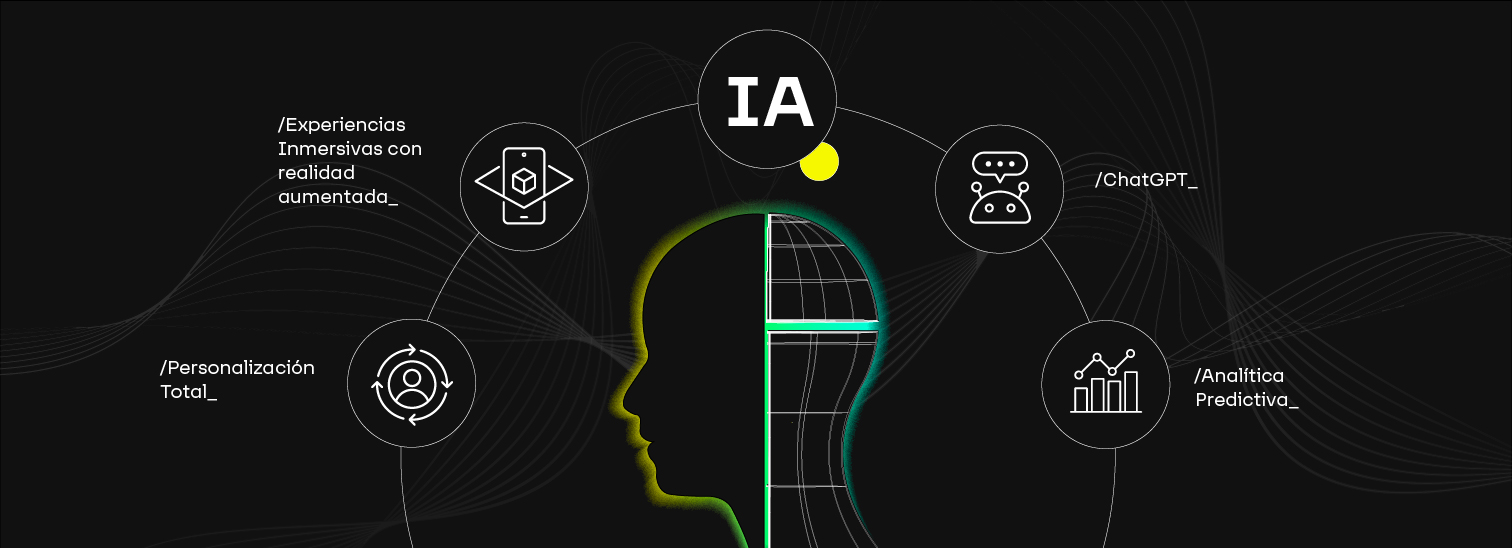
We live in a time where technological tools that only existed in our imagination are now a reality. And while the “what” of marketing is still connecting brands with people, the “how” has evolved thanks to artificial intelligence.
This change allows us marketers to once again focus on what we do best.
Therefore, as a guide for this journey towards innovation, we want to talk to you about some of the AI advances that are redefining the way we do marketing.
1. Total Personalization: AI Knows What You Want Before You Do
In the information age, personalization has become crucial, and AI is taking this trend to new heights. Have you ever wondered how Facebook seems to know exactly what you want to see?
The answer lies in its artificial intelligence, which analyzes behavioral patterns to offer personalized content.
This approach now goes beyond generic ads; seeks to build personalized experiences that strengthen the connection between the brand and the consumer.
In fact, this year Meta Advantage launched new AI functions that allow advertisers to identify purchasing patterns and make optimizations that allow them to reach their target audience more accurately, increasing the chances of generating new conversions.
2. Immersive experiences with augmented reality
Augmented reality (AR) has also become a powerful tool for creating memorable user experiences.
And Google, through ARCore, is leading the way by enabling businesses to deliver more immersive brand experiences. From virtually trying products before purchasing to advertising campaigns that transport users to interactive worlds.
An example of this is IKEA, which uses AR to allow customers to visualize how furniture would look in their own homes before making a purchase.
A virtual interaction that seeks to exceed the expectations of its customers, generating a lasting impact on the perception of the brand.
3. ChatGPT to enhance brand strategies
Tools like ChatGPT and other platforms based on advanced language models are leading the world of artificial intelligence and automation.
These not only generate content, but also capture tone and context, allowing marketers to automate tasks while maintaining authenticity in communication.
That’s why fashion companies like ASOS are deploying AI-powered chatbots to interact with customers and provide personalized product recommendations, with language almost so natural it seems human.

4. Predictive Analytics: Google Analytics Predicts the Future of Success.
Google Analytics has also evolved from a tracking tool to a predictive oracle. Thanks to its machine learning algorithm, it is not only capable of analyzing historical data, but also identifies complex patterns, correlations and emerging trends in user behavior.
In addition, these new functions are helping businesses such as e-commerce to anticipate possible increases in demand for certain seasonal products. And in this way adjust your inventory and marketing strategies to increase the possibility of generating new sales.
Have you applied any artificial intelligence tools to enhance your marketing strategies?
Click here to continue exploring other interesting topics on our blog.
